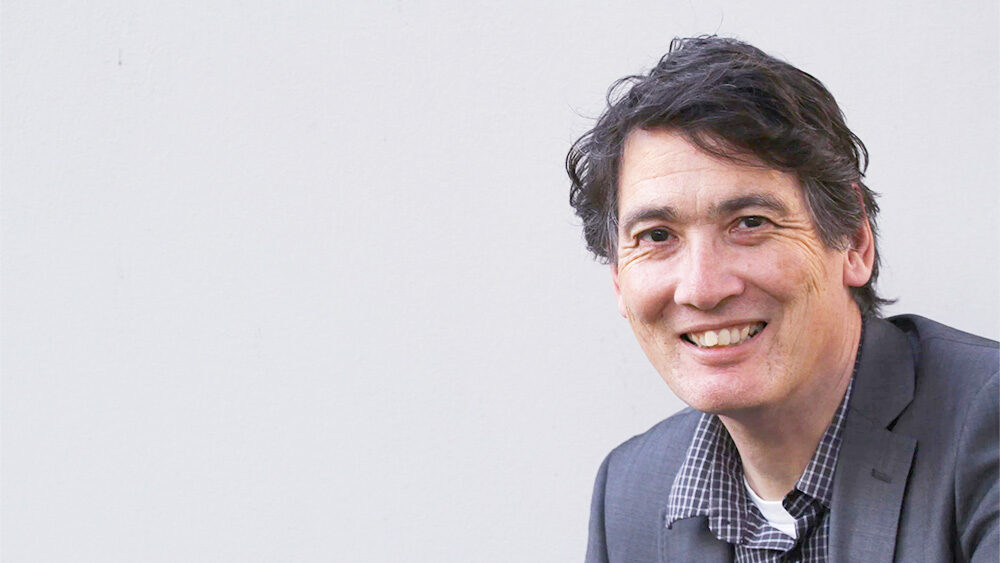Sometimes a good grilling does one a lot of good. Not the sort of grilling St Lawrence got (you can go and see the grill upon which he was cooked in Rome), but the light grilling of an interview.
Last weekend, I was asked to explain myself by Jonathon Cole on his podcast Political Animals, his show about the intersection of culture and politics.
As I was quizzed on during the podcast interview, it seems there’s been a collision between two bubbles – both containing evangelical Christians. One is the bubble of culture warriors, who are concerned about the issues of sexuality, the institution of the family, and claims about the emerging hegemony of the left; the second is the bubble of social justice warriors – concerned about equal opportunity and respect for race and gender, and the effects of colonialism.
Readers will have jumped ahead of me, and realised these are not two bubbles at all, except in the form of a giant 3D Venn diagram – with a big overlap between two wobbling spheres.
Christians can be passionately concerned about abortion, and the plight of refugees, both at once. After all, both are pro-life positions. Or someone could be concerned about same sex marriage and climate change.
The story of the bubbles is a story of an excluded middle, or the fallacy of bifurcation – that somehow there are only two options, one of which must be accepted.
But the two bubbles do usefully describe where many Christians see themselves. It’s where perception becomes a reality.
For a project like Eternity, which aims to record the work of God in this country, and therefore capture the activities of members of his visible church – our task means we want to talk to all. Middle, right and left.
Eternity is a place where the activism of an anti-porn campaigner, a Christian calling out racism, someone concerned about cancel culture, and another seeking to rebuild the social capital of Christianity can mingle.
We really do want to be a place where iron sharpens iron and we take it that the clash of metal against mettle can be noisy.
But not overwhelming. Making sure that discussion is not overwhelmed by vituperation, or that style does not overcome substance.
This is especially tricky where some styles of argument involve mockery of the ‘other’ side, not taking the alternative view seriously, or generalisations which easily offend. And there’s always the risk of offence when someone is telling you that you are wrong about something.
Being united in Christ gives us the responsibility to love each other.
There is a second sort of overwhelming that we need to avoid. That is that looking too hard at each side, we lose sight of what is central to our Christianity.
Whatever bubble, tribe or ‘tendency’ (the old Communist Party of Australia term for ‘faction’ which I kind of like) within orthodox Christianity you might belong to, we are all united (individually and therefore collectively) with Christ.
Being united in Christ gives us the responsibility to love each other. This side of heaven Christians won’t all agree about exactly what set of social issues are the most important, but we can learn to talk respectfully to each other. See how those Christians …. (you know the rest).
Let the name of Eternity remind us that the most important questions are about where we will spend Eternity. And our most urgent task is seeking to have more and more people to share heaven with us.
That’s more important than even the most cherished political goal.
Please don’t let our temporal disagreements obscure that good news for anyone.
One of Eternity’s favourite saying slightly misquotes the Marrickville mauler, boxer Jeff Fenech. “We loves youse all” We’ll print stuff about and from youse all. Unsorry about that.
John Sandeman
Email This Story
Why not send this to a friend?



